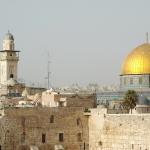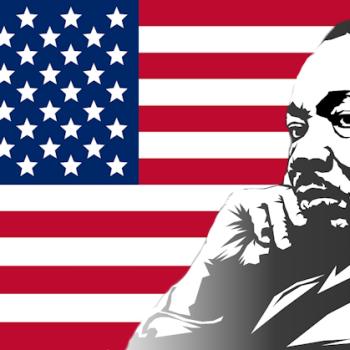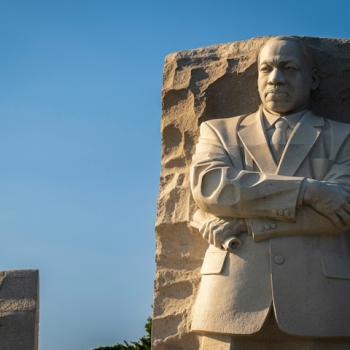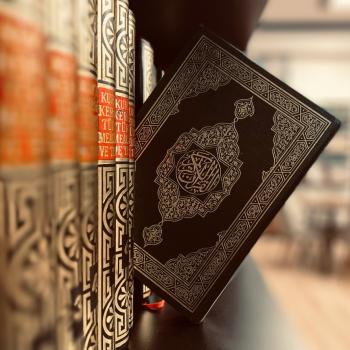
Finding Common Ground Between Muslims and Christians
As the holiday season envelops the world in its warmth, joy, and reflection, it presents a unique opportunity for individuals from different faiths to unite in mutual respect and understanding. For me, as an American Ahmadi Muslim, this time of year is not just about family gatherings but also about deepening the bonds between communities, particularly between Muslims and Christians. While we Muslims do not celebrate the birth of Jesus, we hold him in the highest regard as a Prophet of God. His mother, Mary, is also deeply revered, with an entire chapter of the Holy Qur’an dedicated to her honor. Our Christian brothers and sisters share this reverence, making the holiday season an ideal time to reflect on the common ground between our two faiths.
The Reverence of Jesus and Mary in Islam
The Holy Qur’an speaks to the exalted status of Jesus and Mary, highlighting their purity and strong bond to God. In verse 3:43, the Qur’an describes Mary as “chosen… above all women of the time.” Further, in verse 3:46, it is revealed that Jesus, “the Messiah, son of Mary,” is “honored in this world and the next.” These verses affirm both figures’ significant role in the Islamic faith, and we can all agree that Jesus’ teachings, compassion, and selflessness have left an indelible mark on humanity.
Islam holds Jesus in high regard as a Prophet of God and emphasizes his role in spreading justice and peace. The Promised Messiah, Hazrat Mirza Ghulam Ahmad of Qadian, explained that the concept of the Messiah’s mission is not one of destruction but of restoration, unity, and reconciliation between the Abrahamic faiths. Hazrat Mirza Ghulam Ahmad wrote, “The truth is that the Messiah was sent to bring peace and unity among the people, and this is the true mission of all of God’s Prophets” (The Philosophy of the Teachings of Islam). This vision of unity reflects the essence of the holiday season—bringing people together in love and peace.
Challenging Misconceptions About Islam
This shared reverence for Jesus and Mary provides a common ground for Muslims and Christians to build bridges of understanding and peace. In a world often divided by differences, such commonalities become powerful tools to foster interfaith dialogue and cooperation. The teachings of Jesus — peace, love, and kindness — resonate deeply within Islamic teachings. The Holy Prophet Muhammad (peace be upon him) emphasized the importance of neighborly love, stating, “Whoever believes in Allah… should be generous to his neighbor” (Malik Al-Muwatta). This call for kindness and charity is an ideal practice that Ahmadi Muslims embrace throughout the year, especially during the holiday season.
In the spirit of these values, Ahmadi Muslims across the United States extend goodwill to their neighbors through various community service efforts, including distributing gifts and providing meals to those in need. Contrary to the belief that Muslims are insular or do not engage with wider communities, the Ahmadiyya Muslim Youth Association (AMYA) has donated thousands of gifts to local communities in previous years, with plans to increase that number each year. This initiative reflects our faith’s emphasis on caring for those around us, irrespective of their background or beliefs.
Moreover, the Holy Qur’an emphasizes the importance of charity and kindness, particularly in times of joy and celebration. Allah says in the Qur’an, “The example of those who spend their wealth in the way of Allah is like a seed of grain, which produces seven ears, each bearing a hundred grains”(2:261). This teaching calls upon us to reflect on our blessings during this time and extend our hands in service to those in need. By doing so, we contribute to the collective well-being of society, transcending religious, cultural, and societal boundaries.
This season, we are reminded that the essence of faith lies in building bridges of understanding and focusing on shared values rather than divisions. Contrary to misconceptions that Islam is not a religion of peace, the Holy Qur’an acknowledges the righteousness of all who do good: “Whoever believes in Allah and the Last Day and does good deeds shall have their reward with their Lord” (2:62). Such teachings underscore the inclusivity of Islam, resonating deeply with people of all faiths—Muslims, Christians, Jews, and others—who value compassion and kindness
A Path to Unity and Peace
As we reflect on our shared reverence for Jesus and Mary during this holiday season, let us strengthen the bonds that connect us through acts of charity, open dialogue, and small gestures of goodwill. These efforts remind us of our shared humanity and collective responsibility to build a more compassionate and united world. By embracing these values today, we can pave the way for a brighter, more harmonious future for all.
In his writings, His Holiness Mirza Ghulam Ahmad also stressed the importance of mutual respect and understanding between people of different faiths, saying, ‘We must aim to build mutual love and respect between all nations, as this is the path to the ultimate peace that God desires for humanity.’ (A Message of Peace) This teaching directly counters the misconception that Islam encourages division or intolerance. Let this wisdom guide us as we move forward, ensuring that our differences become opportunities for learning and growth, not division. May this season bring peace, joy, and goodwill to all as we work together to ensure a brighter future for all in 2025 and beyond.














